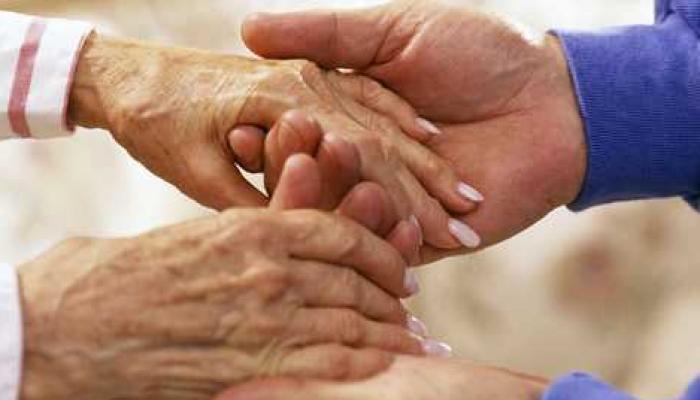Petronila Ernat is the name of the oldest living Cuban, a resident of Las Tunas province, Petronila has just turned 113. The confirmed information was disclosed the 12th Meeting of Persons of Longevity held in Havana, which also announced that another Cuban citizen, this one of 134 years of age also resides in the saame province.
Petronila begins her everyday activities at 3 am and she needs no assistance to walk or move, though she no longer performs other housework tasks like her past attention to the domestic animals.
The woman’s diet consists of lots of vegetables and tender corn soup, which gives her enough strength to wash her clothes in the traditional manner way by puting them into a sink (call Batea in Cuba) where she cleans them by hand. Some say that not long ago she even climbed a mango tree to get some fruit.
Cuba counts on a special healthcare program for longevity. It also includes both prevention and educative actions, said medical specialist Iliana Reyes.
The havana forum featured an exhibition by swimmers and other physical activities, including traditional Cuban dances performed by senior citizens.
Experts from Cuba, Mexico, Argentina, the Dominican Republic, Uruguay, Chile and Venezuela participated at the event and analyzed issues related to aging and the environment, physical exercises in old age, primary healthcare, hospital and institutional attention to senior citizens.
In fact, over fifteen hundred men and women over one hundred years of age live
today in Cuba.
The attention that the Cuban State gives all persons of the so-called third age exerts a powerful influence in the longevity and quality of life of the Island’s population.
Although the demographic of this the largest of the Caribbean islands is fast ageing, this is not only due to the low birth rate but it is associated with the huge social and medical protection that
the country has extended to all its citizens.
Informed people internationally praise the Cuban public health system as one of the best on the planet. The health indicators support this.
Average life expectancy in Cuba is today 77 years, and, according to the GERICUBA digital site, over 75% of the Cubans live more than 60 years and in the next 10 years this figure will jump to 87%.
This fact poses a huge challenge to the nation, where 18.3% of its citizens are 60 years old or over and where its population is seen to have the right to a satisfactory old age.
This segment of the Cuban population –just like the rest of the island’s citizens—enjoys first class medical attention through a neighborhood Primary Health System, which extends to other facets of daily life, including specialized nutritional attention.
Just as kids have day nurseries, old people in Cuba have the possibility of attending Old age clubs where they enjoy physical, recreational and sociocultural activities and receive proper
attention.
Furthermore, the movement known as “Third Age Universities” is another example of opportunities open to third age citizens who help them promote their intellectual possibilities.
Ageing continues to be a number one concern of the Cuban authorities.
The Social and Economic Policy Guidelines approved by the Communist Party’s Sixth Congress emphasize on the need to pay particular attention to the preparation and introduction of strategies in all sectors of society to successfully face all facets of the growing ageing of the Cuban population.
And this is why all efforts to care for and properly attend to the needs of the increasing sector of older Cuban citizens implies a constant improvement in their quality of life.
An important part of this effort is today being met by an increase in the quality of health care, in the efforts to improve the efficiency and sustainability of this all important sector of the nation’s
economy and thus guarantee the constant improvement of services to our older citizens.


